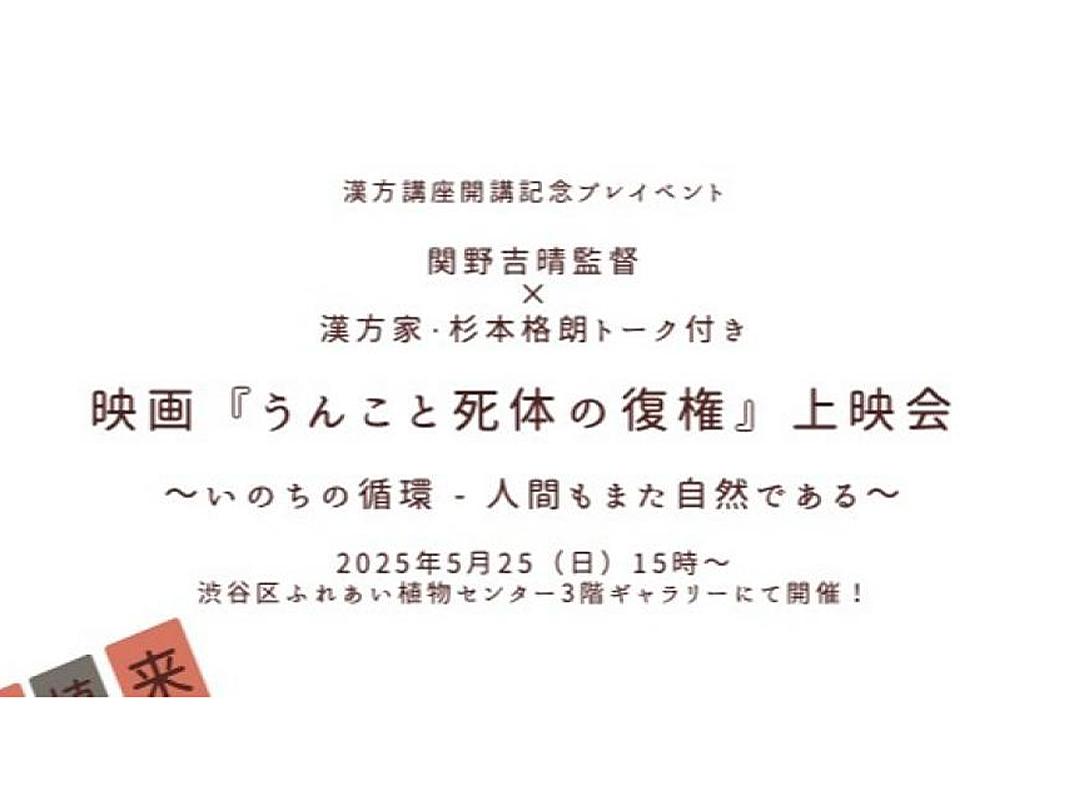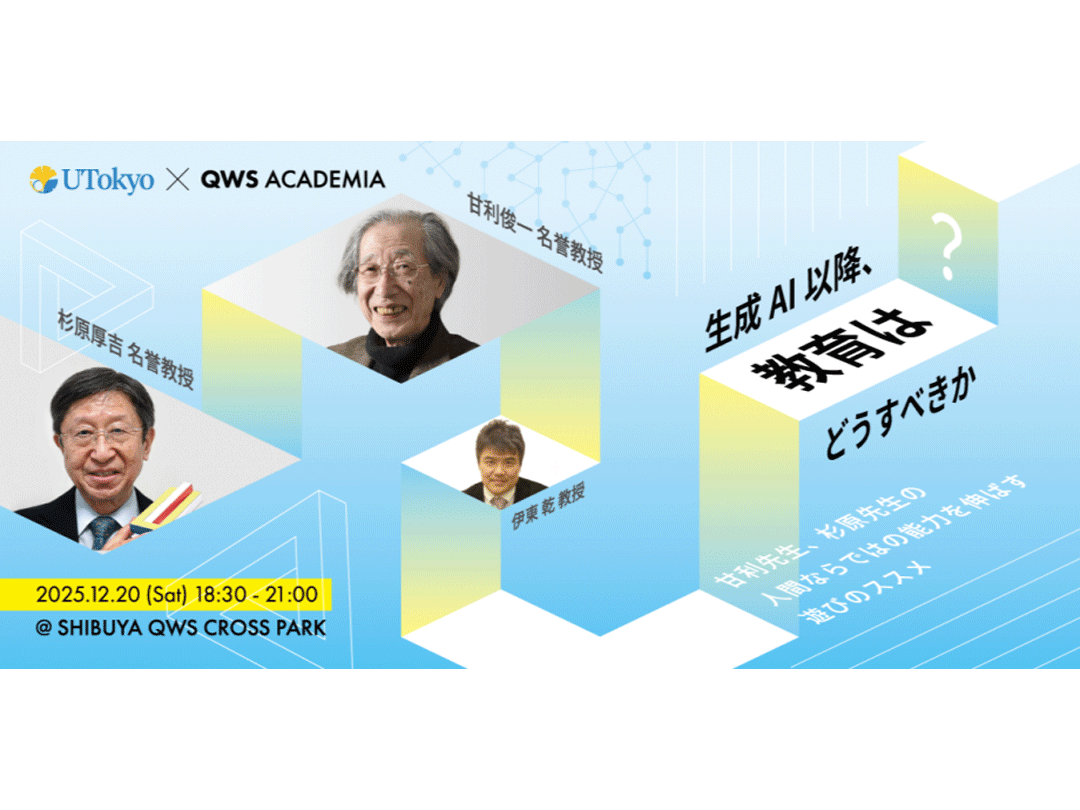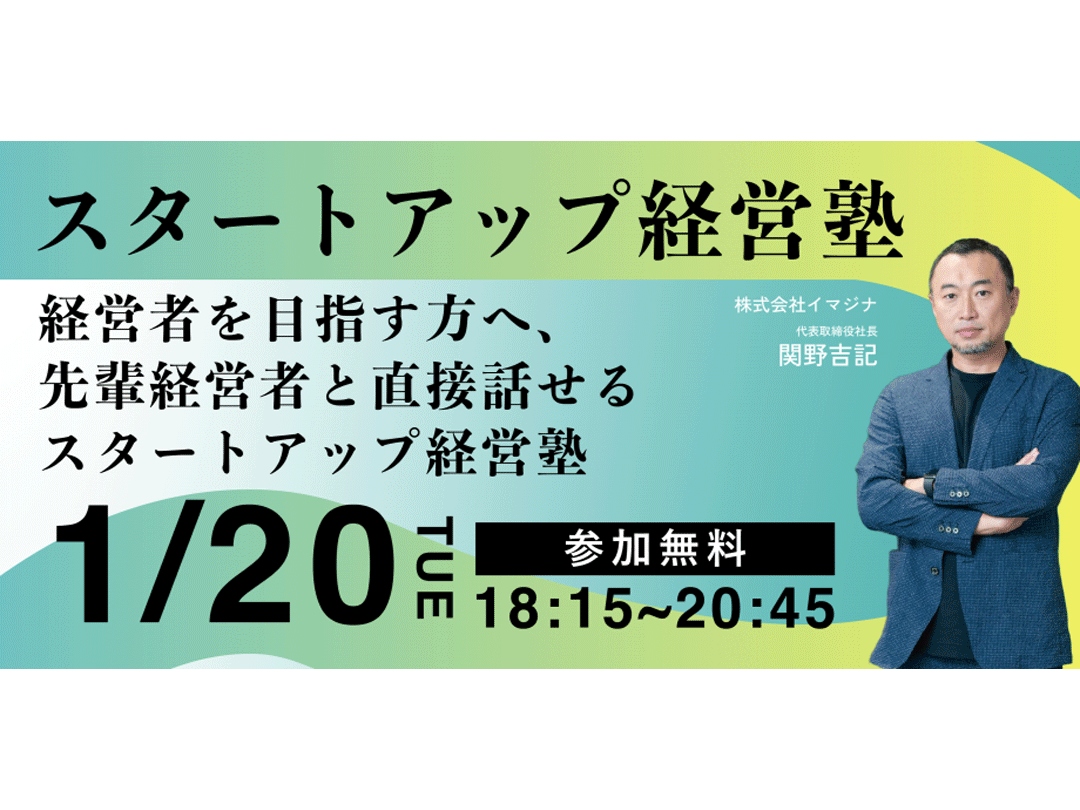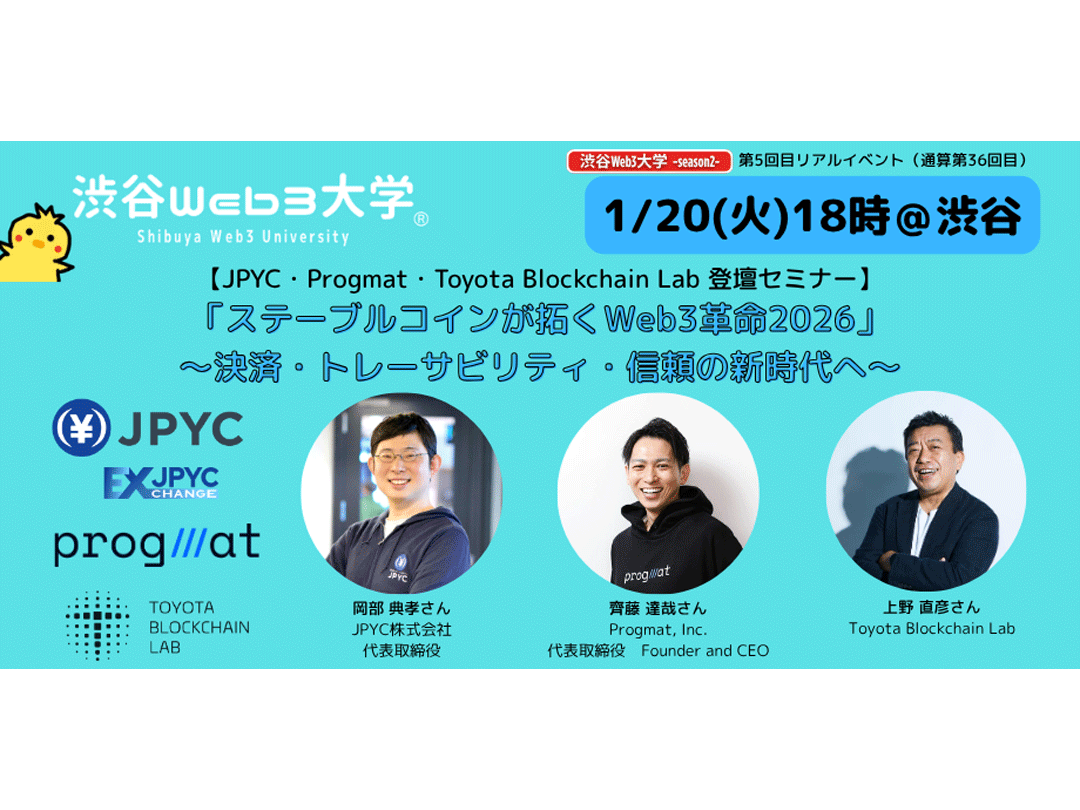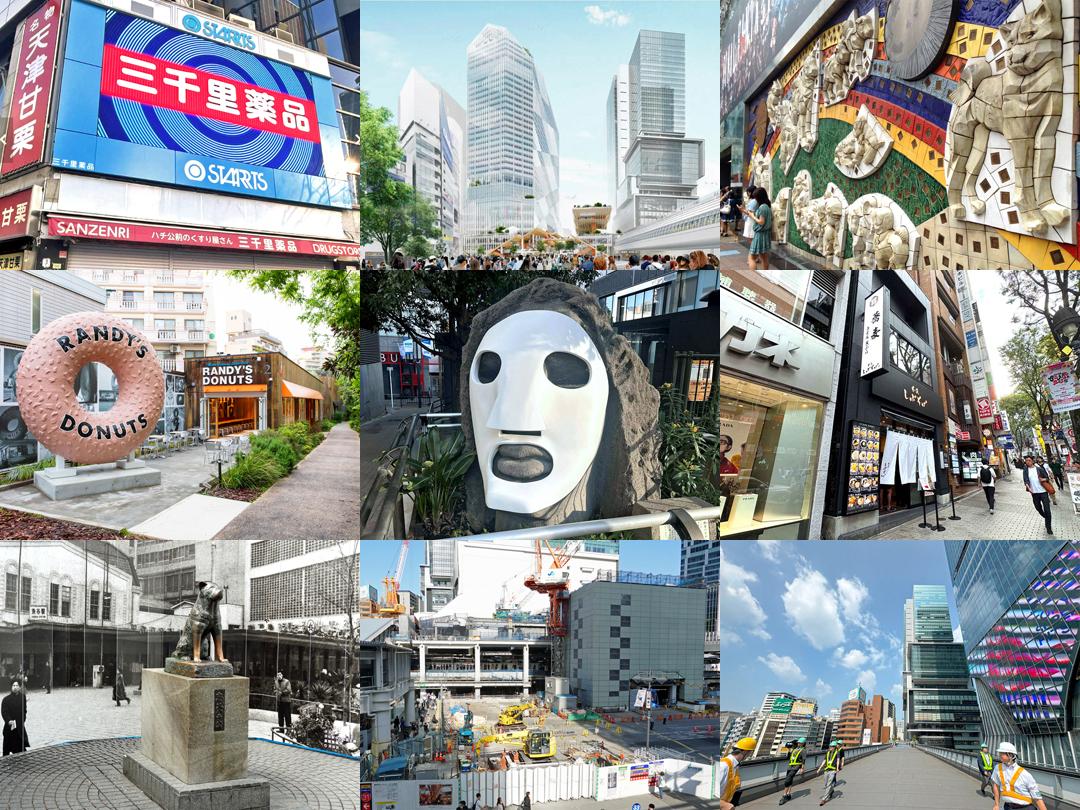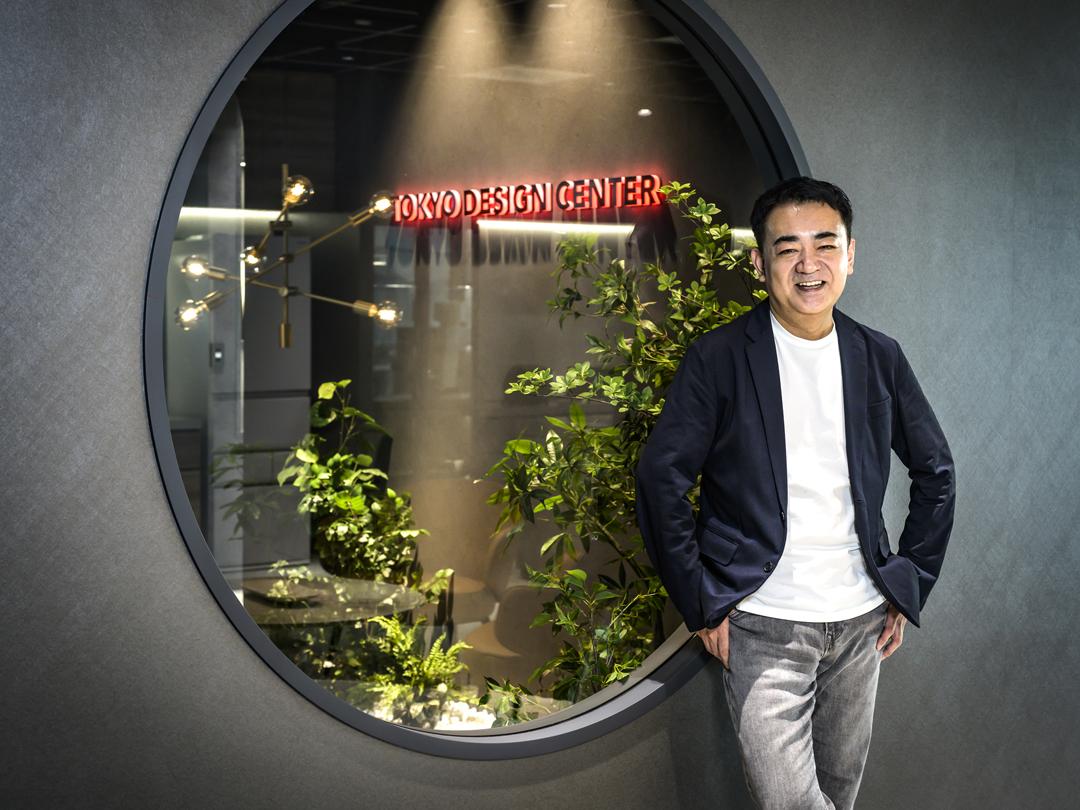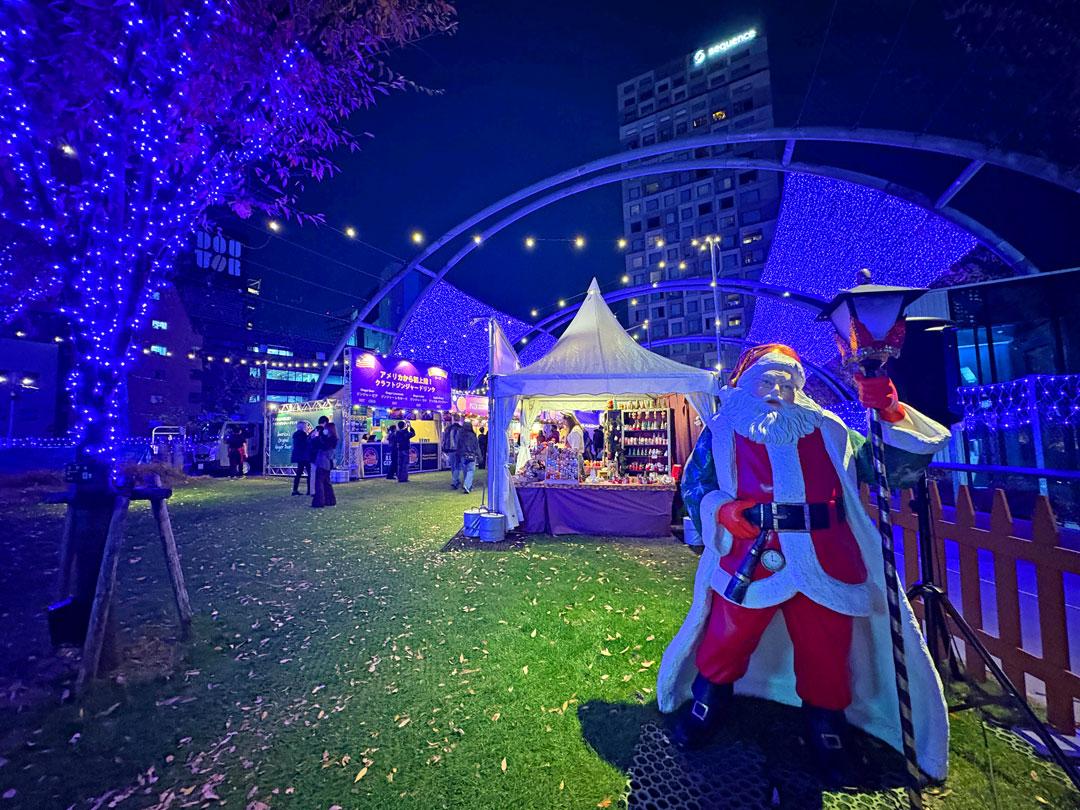SHIBUYA × EVENT
2025-05-25
漢方講座開講記念プレイベント 関野吉晴監督×漢方家・杉本格朗トーク付き映画『うんこと死体の復権』上映会 ~いのちの循環 - 人間もまた自然である~
世の中の常識を覆す「持続可能な未来」のヒントとは?
情報元:ピーティックス ( Peatix )
漢方講座開講記念プレイベント
関野吉晴監督×漢方家・杉本格朗トーク付き映画『うんこと死体の復権』上映会 ~いのちの循環 - 人間もまた自然である~
8月から開講する漢方講座を記念したプレイベントとして、映画『うんこと死体の復権』監督関野吉晴さんを迎えて漢方講座の講師、杉本格朗さんとのトークイベント付きの上映を開催します。
日程:2025年5月25日(日)
時間: 14:45受付開始
15:00 スタート、イベントの説明など
15:05 上映開始
上映終了後、短い休憩をはさんで、関野さんと杉本さんのトークをお届けします(45分程を予定)
定員:30名
参加費:トーク付き上映会2,750円(税込)
映画のあらすじ:「グレートジャーニー」で知られる探検家で医師でもある関野吉晴はアマゾン奥地の狩猟採集⺠との暮らしを通して、自然とヒトとの関係について考え続けてきた。そして、2015年から『地球永住計画』というプロジェクトを始める。この地球で私たちが生き続けていくためにはどうしたらいいかを考える場だ。関野はそこで3人の賢人に出会う。
野糞をすることに頑なにこだわり、半世紀に渡る野糞人生を送っている伊沢正名。
うんこから生き物と自然のリンクを考察する生態学者の高槻成紀。
そして、死体喰いの生き物たちを執拗に観察する絵本作家の舘野鴻 。
3人の活動を通して、現代生活において不潔なものとされるうんこ、無きモノにされがちな死体を見つめると、そこには無数の生き物たちが織りなす、世の中の常識を覆す「持続可能な未来」のヒントが隠されていた...。(公式サイトより)
『うんこと死体の復権』
https://www.unkotoshitai.com
2024 年/日本/カラー/106 分/G区分
監督:関野吉晴
プロデューサー:前田亜紀/大島 新
撮影:松井孝行/船木光/前田亜紀 編集:斉藤淳一 音響効果:金田智子 整音:高木 創 製作:ネツゲン/ クリエイト21 配給:きろくびと
文部科学省選定作品
「UDCast」の音声ガイドに対応しています ※事前に、ご自身のスマホに「UDCast」のアプリをダウンロードしてください。音声ガイドはご自身のイヤホンでお聴きください。
<杉本さんから今回の上映に関してのコメント>
8月から開講する漢方講座の講師である杉本さんは、この映画に感銘を受け応援しているところから、今回の上映会につながりました。中には、なぜ漢方とこの映画がつながるの?という疑問を持つ方もいらっしゃるかもしれません。そこで、杉本さんがこの映画のどんな部分に共感したのか、漢方家としてどんな視点で映画を捉えているのか、コメントをいただきましたので、映画や漢方講座に興味のある方はぜひご一読ください。
「そもそも人間は自然の一部ということがこの映画には描かれています。その内容が漢方とどうつながるかというと、映画と漢方で使用する生薬が直接的につながるんじゃなくて、概念がつながっているんです。 人の身体も自然の中で、自然の摂理に沿って生きています。もちろん、自然環境は人の身体に影響があります。うんこで土が良くなり、豊かな自然ができるのと同じように、人の身体に置き換えると、漢方の考え方では土は胃腸(消化器)を指します。
なので、胃腸の状態を良くしていくことは、身体にとっての土の状態を良くしていくということ。土は、自然の循環の中で、うんこや生物の死体が分解されて有機的になっていくわけですが、それを人間にあてはめると、普段の食べ物など口に入れたものが胃腸で分解されて吸収され、一部は身となり、排便して自然へと還ります。身体の内外で循環していくわけです。つまり、口に入れるものが身体に有益なものでなければ、胃腸を良い状態に保てず身体も壊れてしまいます。今回の映画を観ながら、土が元気なら、植物の幹や葉っぱが元気になるように、胃腸も元気になれば、人がのびのびと生活ができるというお話を、関野監督とできたらと思います」
杉本さんには、8月から開講する全4回(8/24(日)、10/26(日)、12/21(日)、2/22(日)開催)の漢方講座についても、どのような内容になるのかお話していただきます。どうぞお楽しみに!
関野吉晴プロフィール
©2024「うんこと死体の復権」製作委員会
1949年1月20日東京都墨田区生まれ。1975年一橋大学法学部卒業。1982年横浜市立大学医学部卒業。一橋大学在学中に同大探検部を創設し、1971年アマゾン全域踏査隊長としてアマゾン川全域を下る。その後25年間に32回、通算10年間以上にわたって、アマゾン川源流や中央アンデス、パタゴニア、アタカマ高地、ギアナ高地など、南米への旅を重ねる。その間、現地での医療の必要性を感じて、横浜市大医学部に入学。医師(外科)となって、武蔵野赤十字病院、多摩川総合病院などに勤務。その間も南米通いを続けた。
1993年からは、アフリカに誕生した人類がユーラシア大陸を通ってアメリカ大陸にまで拡散していった約5万3千キロの行程を、自らの脚力と腕力だけをたよりに遡行する旅「グレートジャーニー」を始める。南米最南端ナバリーノ島をカヤックで出発して以来、足かけ10年の歳月をかけて、2002年2月10日タンザニア・ラエトリにゴールした。
2004年7月からは「新グレートジャーニー 日本列島にやって来た人々」をスタート。シベリアを経由して稚内までの「北方ルート」、ヒマラヤからインドシナを経由して朝鮮半島から対馬までの「南方ルート」を終え、インドネシア・スラウェシ島から石垣島まで手作りの丸木舟による4700キロの航海「海のルート」は2011年6月13日にゴールした。
1999年 植村直己冒険賞(兵庫県日高町主催)受賞
2000年 旅の文化賞(旅の文化研究所)受賞
2013年3月16日〜6月9日 国立科学博物館(特別展)「グレートジャーニー・人類の旅 ~この星に、生き残るための物語。~」
2002〜2019年 武蔵野美術大学教授(文化人類学)
杉本格朗プロフィール
漢方杉本薬局代表
1950 年創業の漢方杉本薬局(鎌倉市大船)3代目。 大学では染色や現代美術を学び、2008年に実家の杉本薬局に入社。 2021年に表参道GYRE4Fのeatrip soil内に出張相談所「杉本漢方堂 Soil」を設立。漢方の長い伝統と奥深さに触れ、店頭での漢方相談を主軸に、生薬の薬効、色、香りを研究している。漢方の視点から世界中の文化を理解し、暮らしを豊かにする活動をライフワーク としている。坂本龍一氏主宰のイベント「健康音楽」や「逗子海岸映画祭」、「無印良品」などで、ワークショップ やイベントなどを展開。漢方を日本の文化の一つとして、JAPAN HOUSEやThe Japan Foundation など、海外での講演も行っている。また、漢方の枠を越えて、生薬を使ったインスタレーションを制 作するなど、さまざまな分野で幅広く活動している。漢方監修 G20大阪サミット「配偶者プログラム」 温泉宿「SOKI ATAMI」 など。著書『鎌倉・大船の老舗薬局が教える こころ漢方』
共同主催:渋谷区ふれあい植物センター/漢方杉本薬局
※上映会やトークイベントの様子は、ふれあい植物センターの公式サイトや、SNS、その他メディアなどで使用される場合があります
イベントへの参加申し込みは
こちらからお願いします。
